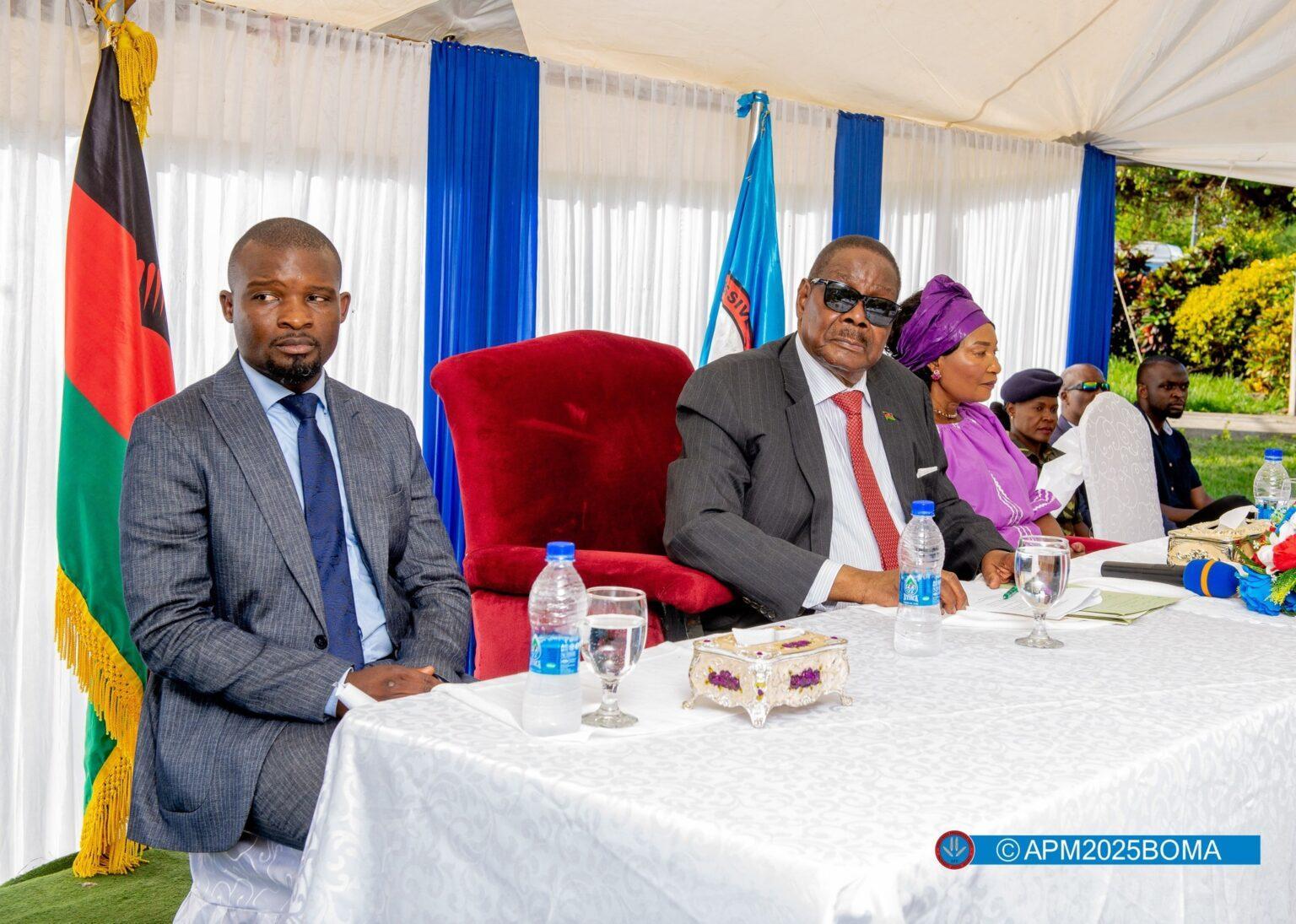By Alfred Gangata
Africa-Press – Malawi. There has been much noise lately about President Arthur Peter Mutharika’s proposal to use a US$500 million Letter of Credit (LC) to address Malawi’s fuel shortage. Some have gone as far as asking, “Where will the forex come from if our reserves are empty?”
It’s a fair question — but it also reveals a deep misunderstanding of how modern financial instruments like Letters of Credit actually work.
As someone who has been in business and now serves in government, I find it necessary to clear the air and explain why APM’s plan is not only practical and achievable, but the smartest path forward for a country desperate to restore economic stability.
1. Understanding the Tool – What a Letter of Credit Really Is
A Letter of Credit is not a sack of dollars sitting in a vault. It is a guarantee issued by a bank that assures a foreign supplier they will be paid once the agreed trade conditions are fulfilled.
The payment is not immediate. It is deferred and backed by the credibility or collateral of the party involved — in this case, the Government of Malawi.
In simpler terms, it’s a promise backed by trust. And trust — not just cash — is what fuels global trade.
If a government demonstrates credible repayment potential through expected export earnings, trade finance lines, or sovereign guarantees, reputable banks can issue LCs even before the forex physically enters the country.
This is how countries facing liquidity constraints continue importing essential commodities — and it is exactly the kind of structured solution APM is proposing.
2. The Bigger Picture – Restoring Confidence, Not Depleting Reserves
President Mutharika’s plan does not involve draining our existing reserves. Instead, it relies on rebuilding Malawi’s credit reputation so that we can once again access international trade finance lines.
Here is what’s already underway:
The Ministry of Finance and the Reserve Bank are engaging credible international banks to open structured trade finance facilities.
Friendly nations and partners are being re-engaged to reopen credit channels that were closed because of corruption and mismanagement under the previous administration.
The Energy and Finance Ministries are designing supplier-credit models where fuel is supplied on LC terms, backed by sovereign guarantees, and repaid gradually through fuel levies and export earnings.
In short, the forex will not be printed — it will be leveraged through Malawi’s restored financial credibility.
3. How APM Will Get Forex Flowing Again
President Mutharika’s broader plan goes beyond simply fixing the fuel problem. He understands that forex shortages are a symptom of a deeper disease — the collapse of production and confidence.
His economic recovery plan tackles this from all fronts:
Reviving export industries — tobacco, tea, sugar, and mining — with incentives and reforms that keep more forex in Malawi.
Reforming the mining sector to ensure higher retention of export earnings.
Rebuilding relations with the IMF and AfDB to unlock balance of payment support.
Combating corruption and forex externalization, ensuring our forex stays in the formal banking system.
Encouraging diaspora investment and remittances by restoring stability and confidence.
When these reforms take hold, forex will begin to circulate again, and LCs will flow more freely — creating a stable environment for trade, jobs, and growth.
4. Why This Approach Makes Sense
Fuel shortages are not a political inconvenience; they are an economic emergency. Without fuel, factories stop, transport halts, and the cost of living skyrockets.
Waiting for reserves to “build up” before importing fuel is not patience — it’s economic suicide.
The LC approach is therefore a smart bridge — a way to keep essential imports flowing while structural reforms take effect. It’s how serious governments operate: use international financial instruments to buy time, restore stability, and rebuild capacity.
5. The Bottom Line
Critics keep repeating that “LCs need forex.” True — but they need credibility even more. Without confidence, no amount of forex will save a country. With credibility, even limited reserves can open access to billions in trade finance.
That’s the difference between understanding economics and playing politics.
President Mutharika’s proposal is grounded in solid financial logic, not political fantasy. It’s a responsible, calculated, and globally accepted method for restoring essential imports while rebuilding the economy’s productive base.
So, to my colleague Hon. Mkaka and friends in the MCP — let’s stop misleading Malawians. You had five years to address the same issues and failed to grasp the fundamentals of economic management.
Under President Mutharika, we are returning to smart economics, disciplined governance, and credible policy — the ingredients that attract real capital and deliver real solutions.
Source: Malawi Nyasa Times
For More News And Analysis About Malawi Follow Africa-Press






